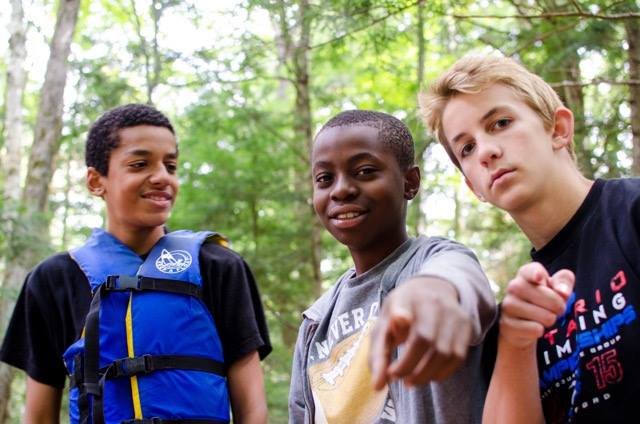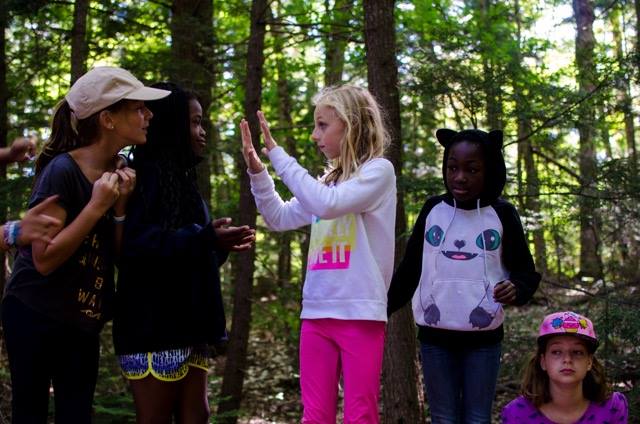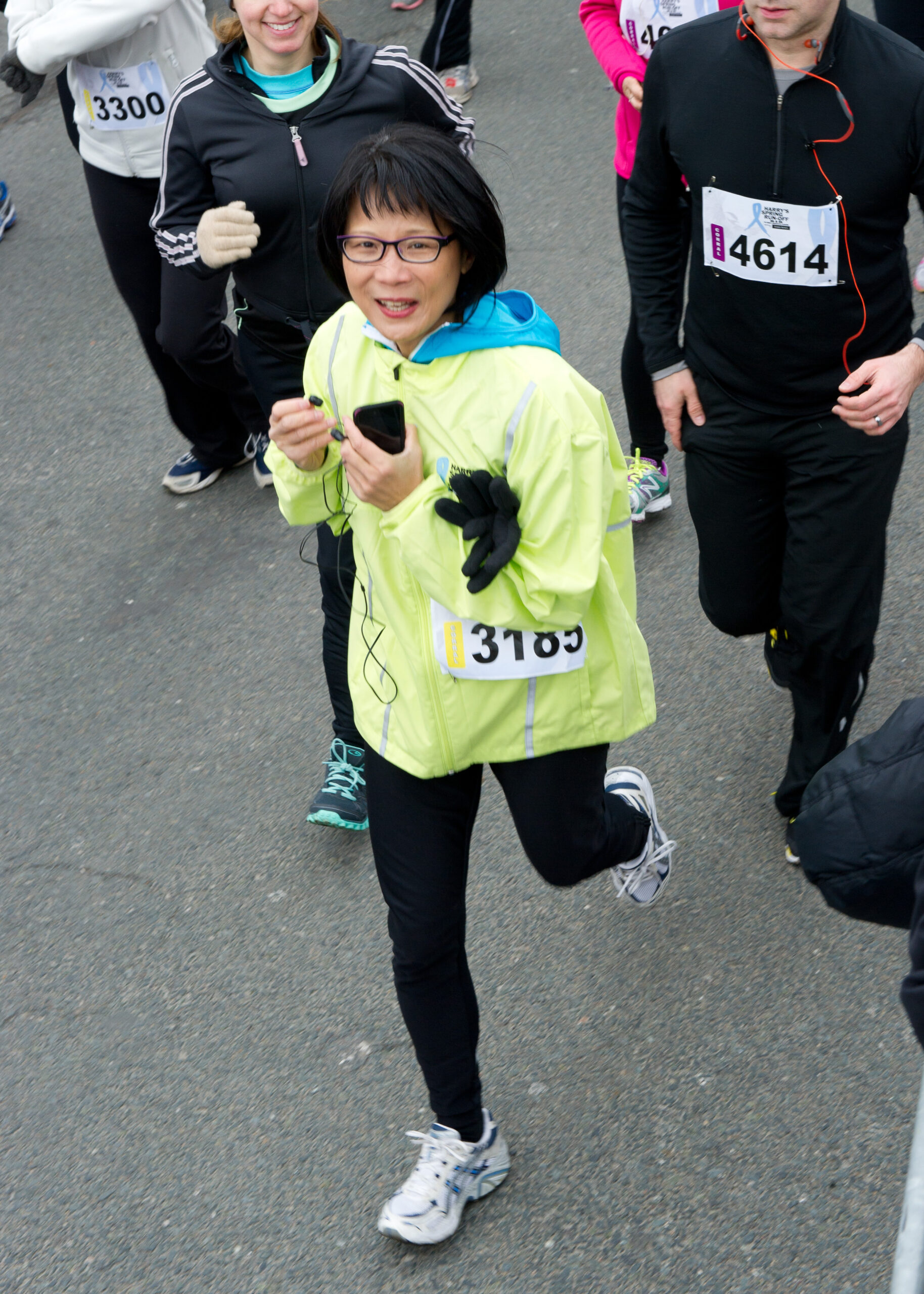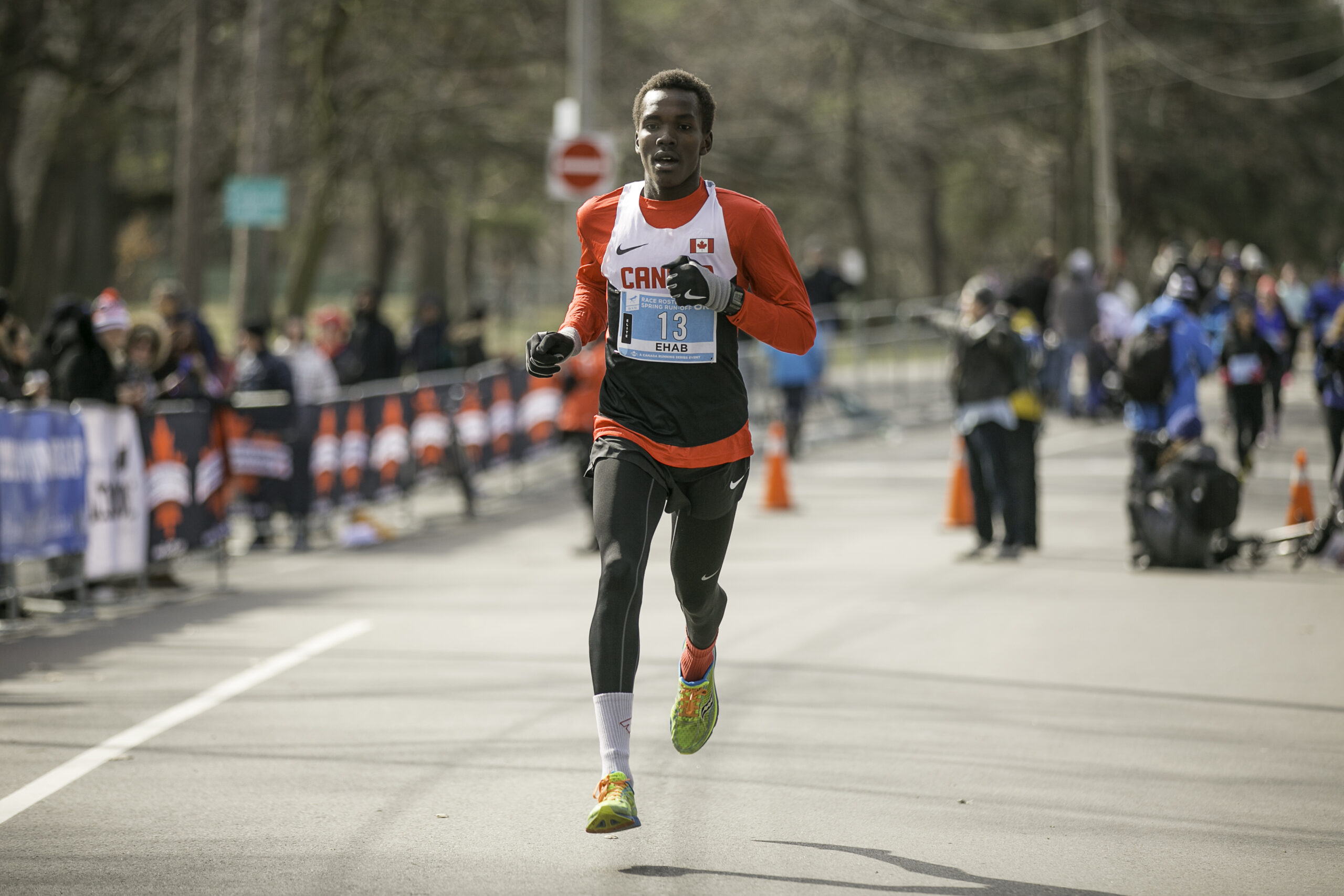
For many who have grown up in Ontario, the camp experience is one of the highlights of childhood. It’s an opportunity for personal growth, building confidence and learning life skills, and experiencing the wonderful activities offered in Ontario’s rural landscape during summer.

Credit: Camp Wenonah
June 19 is World Sickle Cell day and so today we’re profiling one of the charities participating in the Scotiabank Charity Challenge as part of the Scotiabank Toronto Waterfront Marathon who are committed to enhancing the lives of kids with Sickle Cell disease in Greater Toronto. Camp Jumoke has been one of our official charities for the last three years and is focused on creating safe and fun opportunities for kids with Sickle-Cell disease to attend camp during the summer, with the necessary 24/7 medical supervision needed to help them function in day-to-day life with their condition. Sickle Cell disease is a form of anemia, with affected people not having enough healthy red blood cells to carry oxygen through the body. It causes periodic episodes of intense pain, swelling in the hands and feet, vision problems, and other issues that make regular activities difficult. There is no cure for most people with the disease.
Camp Jumoke started in 1994, with the idea formed by local doctors who saw that kids with the disease had special needs that needed to be addressed, and would prevent them from doing normal activities like going to camp. They partnered with Camp Wenonah in Bracebridge, Ont. which has an established medical centre on their campus so that the camp’s staff can be set up there easily. It also gives a way for kids with Sickle Cell to integrate with healthy camp kids, not feel isolated because of their condition, and gain confidence and self-esteem that carries over into regular life. Camp Jumoke functions without government grants, relying on private funding for its initiatives. It’s the only camp of its kind in Canada.
 Judy Grandison is the president of Camp Jumoke, and a parent in Toronto whose son suffers from the disease.
Judy Grandison is the president of Camp Jumoke, and a parent in Toronto whose son suffers from the disease.
“We partnered with the STWM because of the great platform that allows for peer-to-peer fundraising,” she says. “It’s a high-profile event which helps us boost our profile and it makes our fundraising easier to facilitate, as well as helps us grow our walker base.”
Most of the fundraisers that raise money for Camp Jumoke take part in the Marathon and Half-Marathon Walks.
Grandison has been pleased with how the fundraising for Camp Jumoke has picked up over the years of being partnered with the Scotiabank Toronto Waterfront Marathon and how more walkers have joined the initiative.
“Many of our walkers are family members of someone with Sickle Cell Disease, or even former campers,” she says. “We have had campers from across the GTA, and the camp has had a great reach in the local sickle cell community.”
The funds raised go towards covering the full cost of camp, which can be a significant financial burden for families. It also goes towards bringing up the necessary medical staff to run the camp. This is usually two nurses and one doctor, depending on the amount of campers.
“The best part about Camp Jumoke is seeing how the kids grow from the camp experience,” Grandison says. “Sickle Cell Disease can really inhibit activities for kids, but we’ve seen so many campers trying new things and overcoming fears thanks to the experience they have there. It’s also a great way for them to educate the other kids about their condition and for everyone to learn from each other, grow, and problem solve.”
Camp Jumoke runs for two weeks every summer. The organization has a $25,000 fundraising goal for the 2018 Scotiabank Toronto Waterfront Marathon, and you can fundraise or learn more about it here.
Camp Jumoke is one of close to 200 charity partners participating in the Scotiabank Charity Challenge as part of the Scotiabank Toronto Waterfront Marathon.






